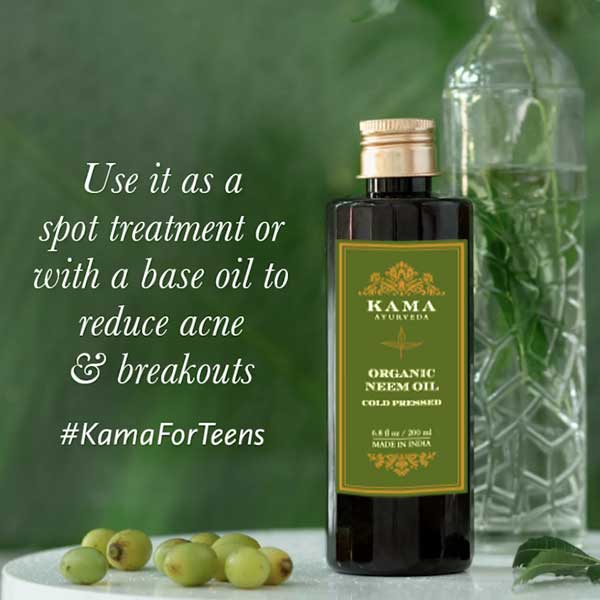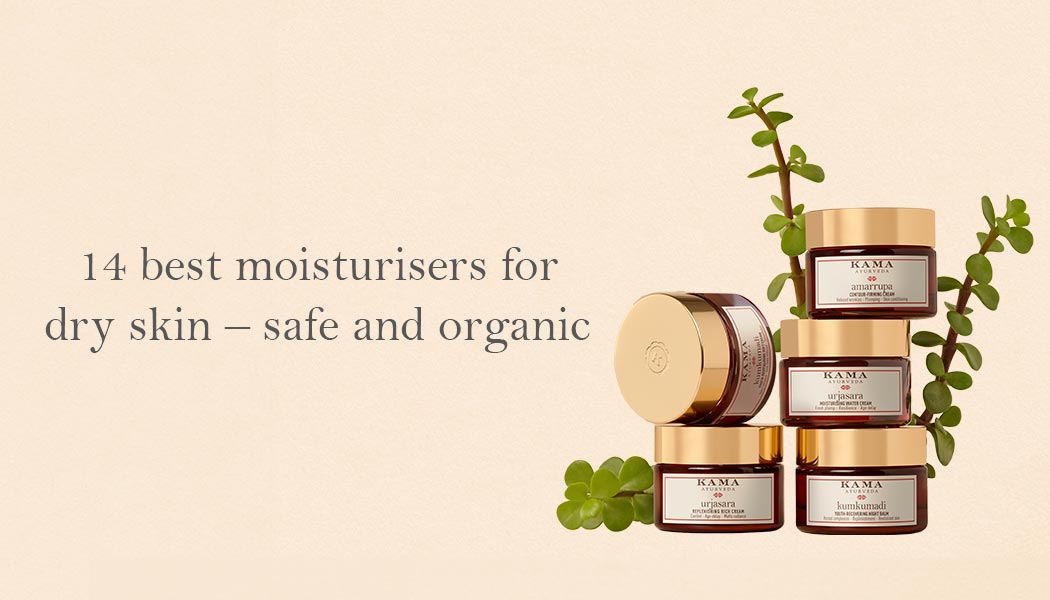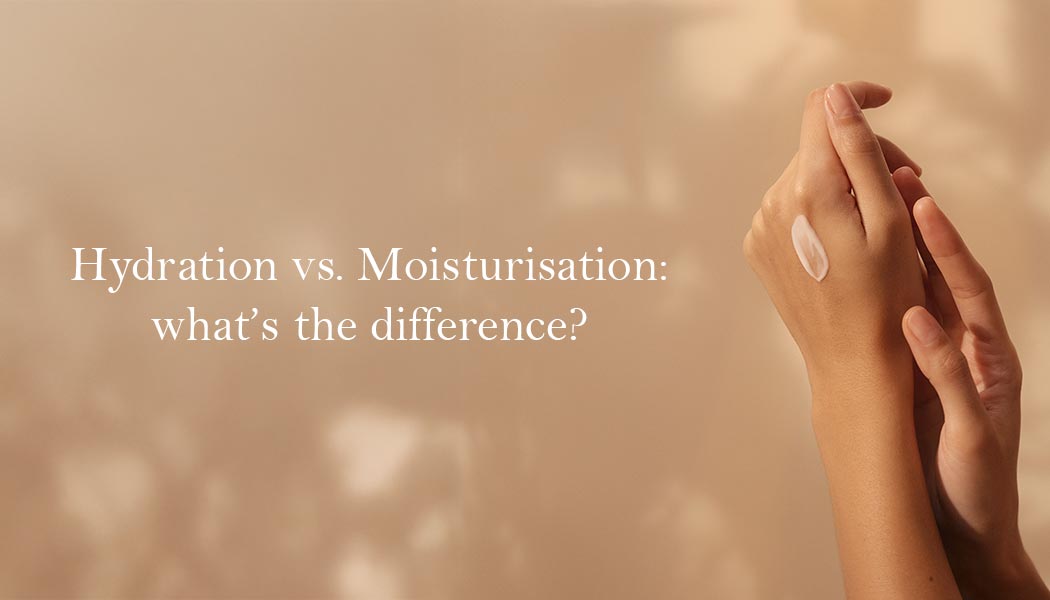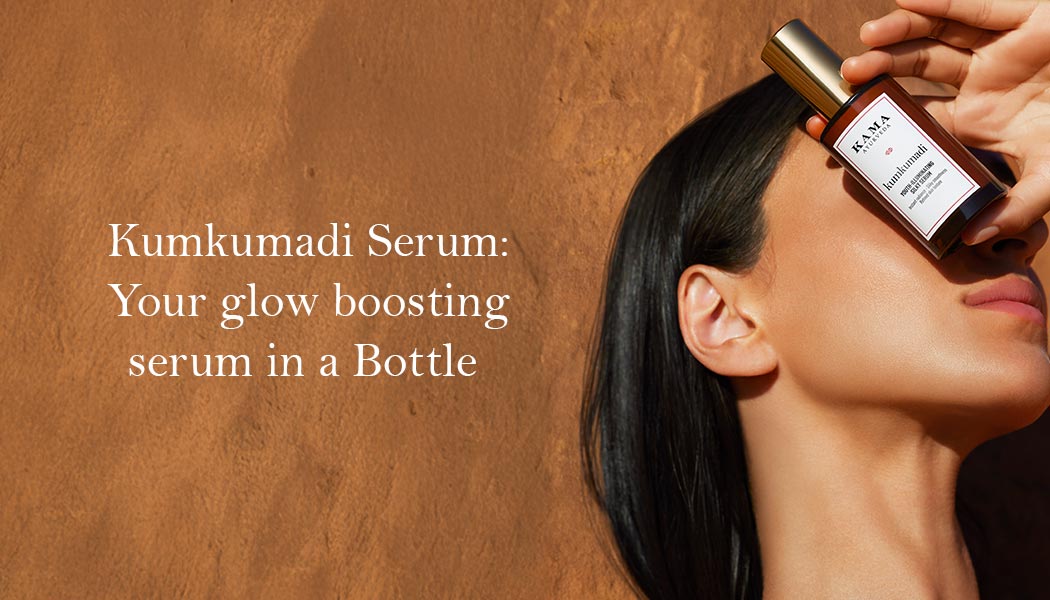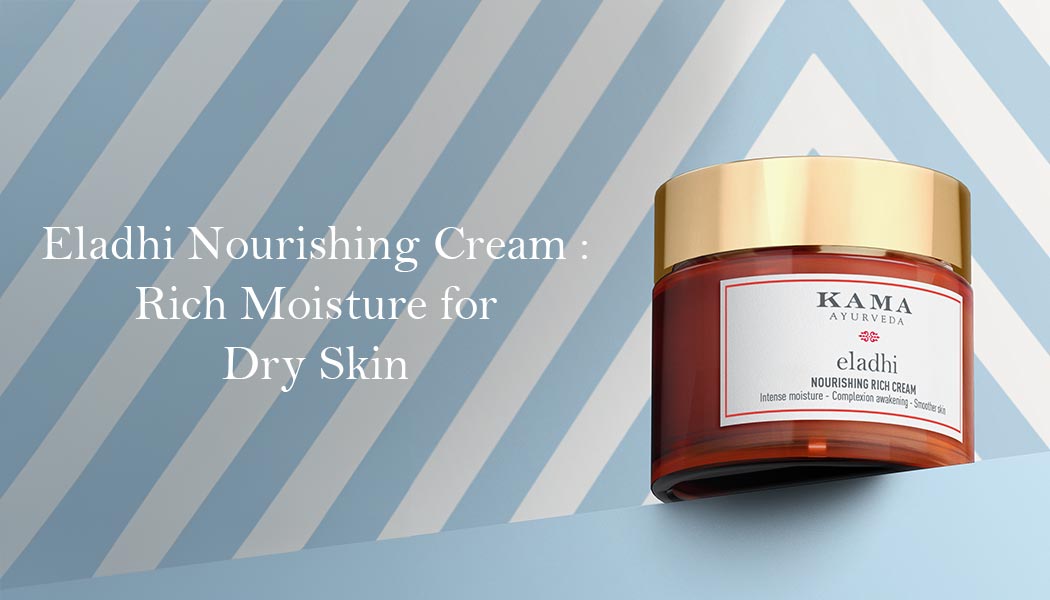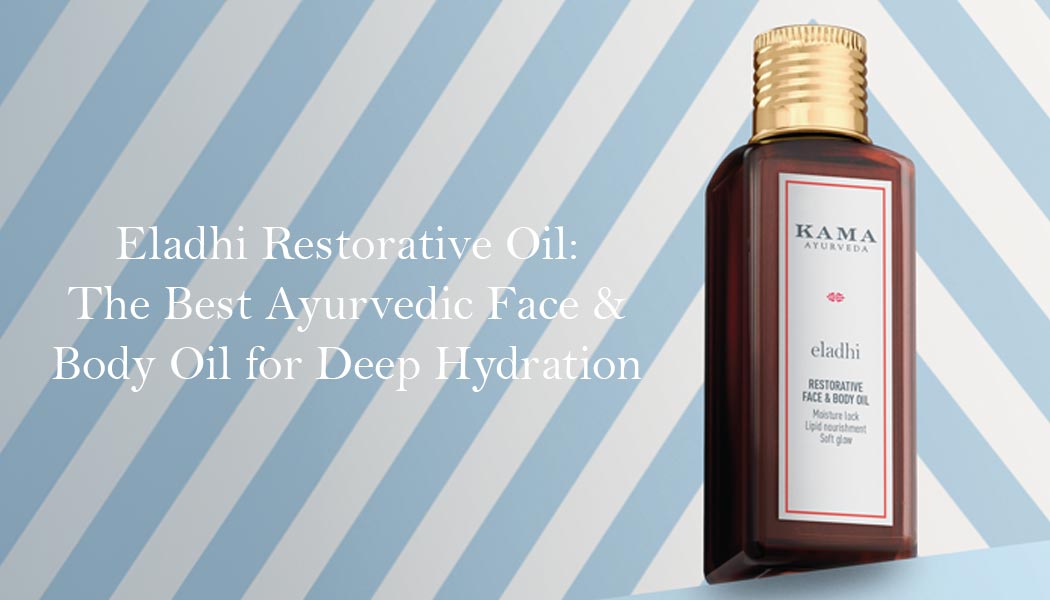- 20 November 2023
- 8 mins read
Neem oil is derived from the seeds of neem tree, is of the most potent and effective natural skin care remedy. It can be diluted with carrier oils and applied to the face to get acne-free, clear skin.
What experts say -
“Neem oil is your one-stop solution for multiple skin problems.
Its antibacterial properties are a natural cure for acne, while its anti-inflammatory benefits soothe eczema and psoriasis. Antifungal traits take on infections like athlete's foot, and its antioxidants combat aging signs.” - Dr. Vinny Narayanan

But did you know the reason behind its wide range of benefits? Neem oil has active components such as azadirachtin, nimbin, nimbidin, nimbolide, and quercetin that make it stand out as an all-rounder for skin.
Each of these compounds have their unique roles. Azadirachtin, for instance, is a well-known natural insecticide, while nimbin adds anti-inflammatory and antiseptic properties to the oil's profile
In this post, let’s understand more about using neem oil for the face.
Why Use Neem Oil For Face?
Neem oil is ideal for facial care as it offers a natural barrier against bacteria and fungi, helping to prevent and treat skin conditions like acne and fungal infections.
Its anti-inflammatory properties can calm irritated skin, and its moisturizing benefits ensure your skin stays soft and hydrated.
With regular use, neem oil can help to fade scars and even out skin tone, promoting a smooth, radiant complexion.
15 Benefits Of Using Neem Oil For Skin
Neem oil has been used in Ayurvedic medicine for over two millennia, primarily for its healing properties. It's often referred to as "the village pharmacy" in India because of its versatility in treating various ailments, including skin disorders.

Here are some of the top benefits of this oil -
1. Acne Treatment:
Neem oil's anti-acne benefits are not just limited to its antibacterial properties; it also contains aspirin-like compounds that help with the drying out of pimples and promote healing. It also helps reduce the chances of scarring and skin eruptions.
2. Moisturizing Properties:
The specific fatty acids in neem oil, such as oleic and linoleic acid, are known for their deep penetration and emollient properties. This helps in maintaining the skin's elasticity and provides a smooth texture.
3. Anti-Aging Effects:
Neem oil's antioxidants, particularly carotenoids, protect the skin from age-accelerating free radicals. Its regenerative properties also help in cell renewal and restoring the skin's natural glow.
4. Fungal Infections:
Neem oil contains gedunin and nimbidol, compounds that are effective against fungus that affects the skin. Their mechanism disrupts the fungi's ability to proliferate, aiding in quick relief from infections.

5. Skin Tone and Texture:
Neem oil's ability to reduce pigmentation is also due to its high concentration of essential fatty acids, which promote a clear complexion and improve the skin's resilience.
6. Soothing Effect:
Neem oil has triterpenoids that calm inflammation and heal microtears in the skin. This is especially good for serious skin issues like eczema and psoriasis.
7. Scar Reduction:
Neem oil stimulates collagen production, which is crucial for scar healing. This collagen boost, along with the oil's fatty acid content, helps in minimizing the appearance of both acne scars and stretch marks.
8. Oil Control:
Neem oil regulates sebum, which balances your skin's natural oils. This prevents excess oil that causes acne and keeps your skin properly moisturized.
9. Insect Repellent:
The active ingredient in neem oil, azadirachtin, repels a wide variety of pests. This makes it a dual-action ingredient, providing skin benefits while keeping mosquitoes and other insects at bay.

10. Reduces Inflammation:
Neem oil's anti-inflammatory properties are attributed to various bioactive compounds like nimbin. It soothes conditions like dermatitis and rosacea, easing redness and the burning feeling.
11. Clears Dandruff and Head Lice:
Neem oil fights dandruff not just by killing fungus, but also by soothing an itchy, flaky scalp. It creates a healthier scalp. In addition, Neem's azadirachtin stops head lice from multiplying and breaking their life cycle.
12. Minimizes Pores:
Neem oil acts as a natural toner, tightening the skin and shrinking pores for a smoother, more polished look. Neem oil has astringent qualities and compounds that contract and firm up the tissues of the skin. This tightening effect helps to give the skin a firmer, more youthful appearance.
13. Natural Detoxifier:
Neem oil's detoxifying effects are also due to its ability to support the liver and the body's natural cleansing processes, which in turn reflect in clearer, healthier skin.
14. Enhances Skin's Natural Immunity:
Neem oil is packed with compounds that can strengthen the skin's defense system. This means it not only helps protect against harmful microbes and infections but also aids in quicker recovery from skin damage like cuts, abrasions, or acne. This makes it particularly beneficial for those with skin that's prone to irritation or is slow to heal.

15. Versatile Use in DIY Skincare:
Neem oil can be mixed with other natural ingredients like honey, yogurt, or clay in DIY recipes, which allows for targeted treatments that address specific skin concerns, from hydration to exfoliation.
How to Use Neem Oil on the Face?
Using neem oil on the face can be highly beneficial, but it's important to use it correctly to avoid any potential skin irritation. Opt for 100% pure, organic, Cold-pressed Neem Oil to ensure you're getting a high-quality product without additives.
Here's how to incorporate neem oil into your facial care routine safely:
Patch Test:
Before applying neem oil to your face, do a patch test. Apply a small amount of diluted neem oil to your inner forearm. Wait for 24 hours to see if there's any adverse reaction. If irritation occurs, discontinue use.
Dilution:
Neem oil should be diluted with a carrier oil, such as coconut, jojoba, or almond oil, especially if you have sensitive skin. A general guideline is to mix neem oil with an equal proportion of your chosen carrier oil.
Application:
Once diluted, use your fingertips to gently apply the oil mixture to your face. Focus on problem areas where you may have acne, scars, or hyperpigmentation. Avoid the sensitive area around the eyes.
Frequency:
Start by using neem oil 2-3 times a week to see how your skin responds. If your skin reacts well, you can increase the frequency, but it's not recommended to use it more than once a day.
Spot Treatment:
For targeted issues like pimples or small areas of inflammation, you can use a smaller amount of neem oil as a spot treatment. Apply it directly to the blemish and let it sit overnight.
As Part of a Face Mask:
Neem oil can be added to homemade face masks. For example, mix it with clay for an oil-absorbing mask or with honey for a moisturizing effect.
Cleansing:
For an antibacterial face wash, add a drop of neem oil to your regular cleanser. This can help combat acne-causing bacteria as part of your daily routine.
Moisturizing:
If you have dry skin, you can add a few drops of neem oil to your moisturizer to enhance its hydrating and healing properties.
Sun Sensitivity:
Be aware that neem oil can increase your skin's sensitivity to the sun. Always apply sunscreen during the day when using neem oil in your skincare routine.
Remember, less is more when it comes to neem oil. Its potency means that a small amount goes a long way. Always listen to your skin—if you notice any discomfort or adverse effects, reduce the concentration or frequency of use.
Can I use Neem Oil For Acne?
Yes, you can use neem oil for acne. Neem oil contains antibacterial properties that can help combat the bacteria that cause acne. It also has anti-inflammatory effects that can reduce the redness and swelling associated with acne breakouts.
However, it's important to use it correctly:
- Dilute it with a carrier oil if you have sensitive skin.
- Test it on a small area first to ensure you don't have an adverse reaction.
- Apply it directly to the affected areas after cleansing your skin.
- Use it sparingly and not more than a few times a week to start, as it can be potent.
Always consult with a dermatologist if you have severe acne or if you're unsure about using neem oil as a treatment.
FAQ: Neem Oil for Face and Skin Care
Q: Can neem oil be applied directly to the skin?
A: Neem oil should be diluted with a carrier oil before applying to the skin to minimize any potential irritation, especially if you have sensitive skin.
Q: How often should I use neem oil on my face?
A: Start with using neem oil 2-3 times a week to see how your skin responds. If there are no signs of irritation, you can increase the usage as needed, but it's not typically recommended for daily use.
Q: Is neem oil good for all skin types?
A: Neem oil can be beneficial for all skin types, but it's especially helpful for oily and acne-prone skin due to its ability to regulate sebum production and its antibacterial properties.
Q: Can neem oil help with acne scars?
A: Yes, neem oil has regenerative properties that can help reduce the appearance of acne scars over time.
Q: Will neem oil clog my pores?
A: When used in the right concentration and properly diluted, neem oil is not likely to clog pores. Its astringent properties may actually help to minimize the appearance of pores.
Q: Can I use neem oil if I have sensitive skin?
A: Yes, but proceed with caution. Always perform a patch test first and dilute the neem oil with a carrier oil. If irritation occurs, discontinue use.
Q: How should I store neem oil?
A: Neem oil should be stored in a cool, dark place to maintain its potency. If it solidifies due to cooler temperatures, gently warm the bottle in a bowl of warm water to liquefy.
Q: Does neem oil have a strong smell?
A: Yes, neem oil has a distinct, somewhat strong smell that some may find unpleasant. Mixing it with a pleasantly scented carrier oil or essential oils can help mask the odor.
Q: Can neem oil be used for conditions like eczema and psoriasis?
A: Neem oil's anti-inflammatory and moisturizing properties can provide relief for eczema and psoriasis symptoms. However, consult with a healthcare provider before using it for these conditions.
Q: Will neem oil protect my skin from the sun?
A: While neem oil has antioxidant properties that can help protect the skin from oxidative stress, it does not replace sunscreen. Always use a broad-spectrum sunscreen for sun protection.
Q: Can I mix neem oil with my regular skincare products?
A: Neem oil can be mixed with certain skincare products like moisturizers or cleansers. However, be mindful of the product's ingredients to ensure they are compatible and won't cause irritation.
Q: Are there any side effects of using neem oil on the face?
A: Some individuals may experience redness, itching, or irritation, especially if they have an allergy to neem oil or if it is not properly diluted. Always start with a patch test to ensure you don't react negatively.
Shreya Dalela is a certified Yoga instructor and a professional dancer trained at The Danceworx. She’s passionate about Ayurveda and holistic living with over 6 years of experience in doing extensive research and content creation in the domain.


